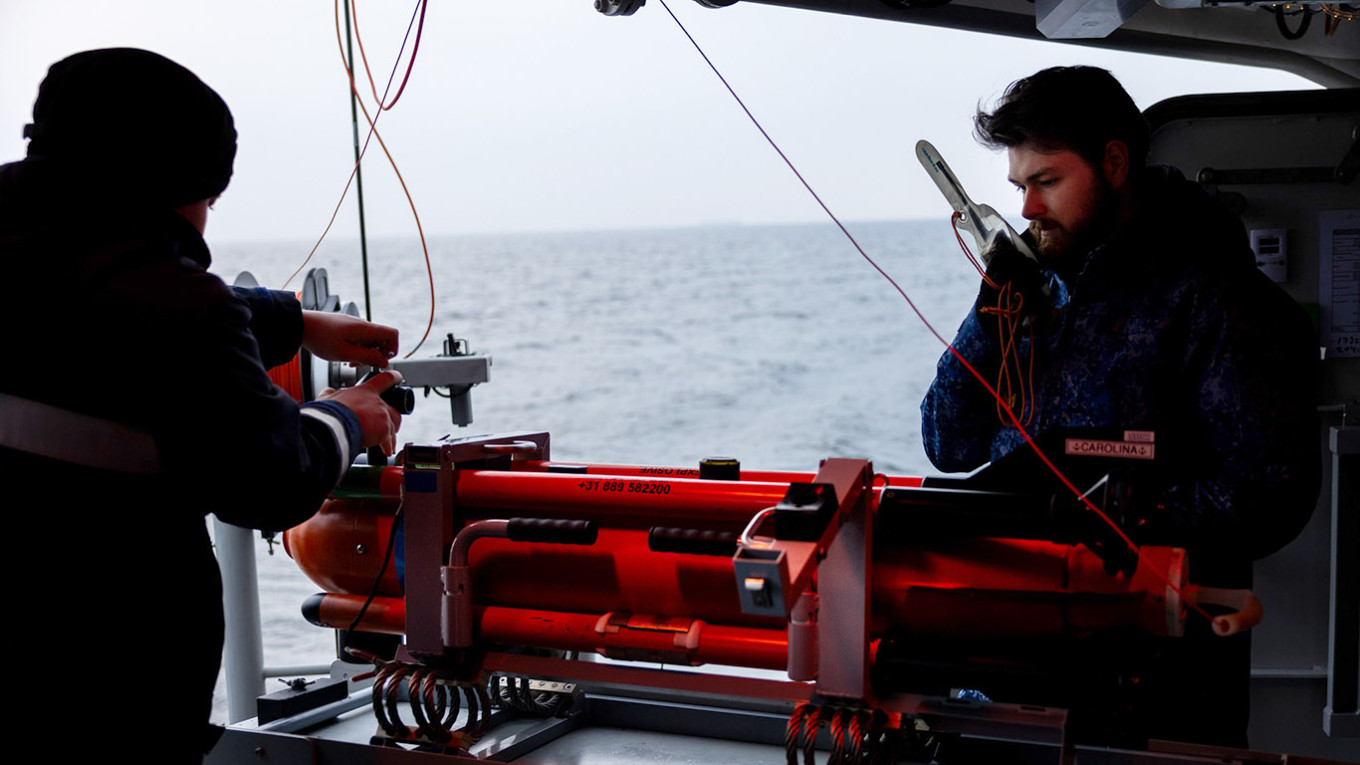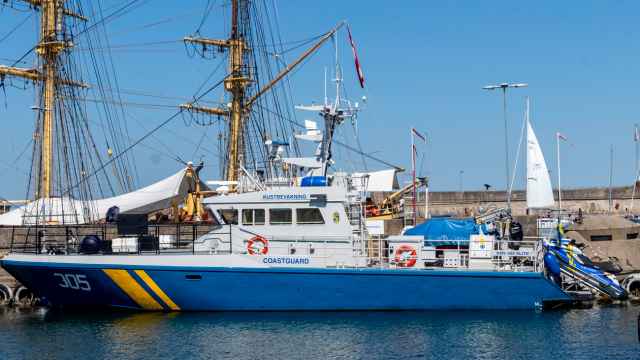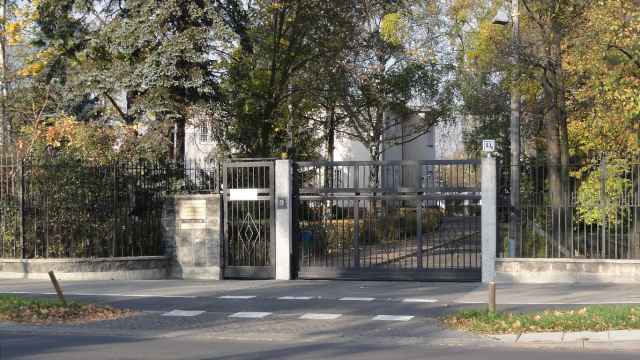Poland's military intervened after a ship from the Russian "shadow fleet" was seen performing suspicious maneuvers near a power cable connecting Poland with Sweden, the Polish Prime Minister said on Wednesday.
NATO has stepped up security in the Baltic following a string of incidents in which power cables, telecom links and gas pipelines have been damaged in the wake of Russia's invasion of Ukraine in February 2022.
"A Russian ship from the 'shadow fleet' covered by sanctions performed suspicious maneuvers near the power cable connecting Poland with Sweden," Prime Minister Donald Tusk wrote on X.
"After the effective intervention of our military, the ship sailed to one of the Russian ports."
The term "shadow fleet" refers to vessels used by Russia to ship oil, arms and grains in violation of international sanctions imposed after the invasion.
Speaking later to reporters, Polish Defense Minister Władysław Kosiniak-Kamysz said a patrol flight scared the ship off and the Polish Navy's ORP Heweliusz was sailing to the scene.
Vice Admiral Krzysztof Jaworski, Poland's Maritime Component Commander, told Reuters that the tanker in question was called Sun and that it sailed under the Antigua flag.
The Russian Embassy in Warsaw declined to comment. In the past, Moscow has denied its involvement in undersea sabotage in the Baltic, saying the West was using such claims to curb its seaborne oil exports.
The 600-megawatt undersea cable links the Swedish coast near Karlshamn with Ustka in northern Poland and allows both grids to rely on cross-border supplies when electricity is cheaper in the other system.
A spokesperson for Polish grid operator PSE said the cable was working. PSE data showed over 600 megawatts were flowing to Sweden through the cable at 11:30 GMT.
"This shows how dangerous the times we live in are, how serious the situation in the Baltic Sea is," Kosiniak-Kamysz told a news conference.
"Since Sweden and Finland joined the North Atlantic Alliance, the Baltic Sea has become a key marine area, where the largest number of incidents occur, the most common incidents related to cable breaks... and sabotage."
He vowed a "firm response" from Poland and NATO to any attack on Baltic Sea infrastructure.
Sweden's coast guard declined to comment. Reuters was not immediately able to reach Sweden's minister for civil defense.
A Message from The Moscow Times:
Dear readers,
We are facing unprecedented challenges. Russia's Prosecutor General's Office has designated The Moscow Times as an "undesirable" organization, criminalizing our work and putting our staff at risk of prosecution. This follows our earlier unjust labeling as a "foreign agent."
These actions are direct attempts to silence independent journalism in Russia. The authorities claim our work "discredits the decisions of the Russian leadership." We see things differently: we strive to provide accurate, unbiased reporting on Russia.
We, the journalists of The Moscow Times, refuse to be silenced. But to continue our work, we need your help.
Your support, no matter how small, makes a world of difference. If you can, please support us monthly starting from just $2. It's quick to set up, and every contribution makes a significant impact.
By supporting The Moscow Times, you're defending open, independent journalism in the face of repression. Thank you for standing with us.
Remind me later.







